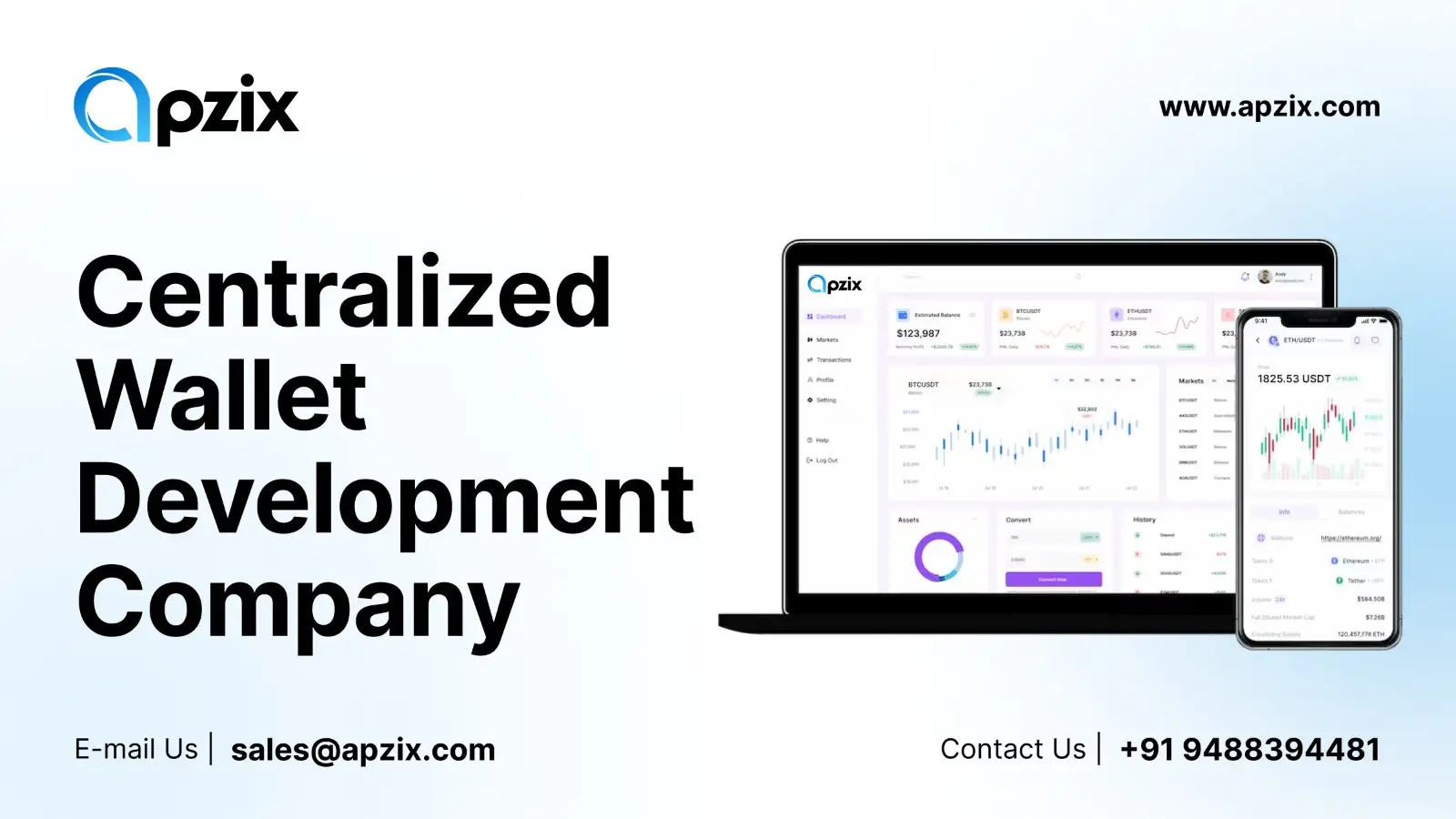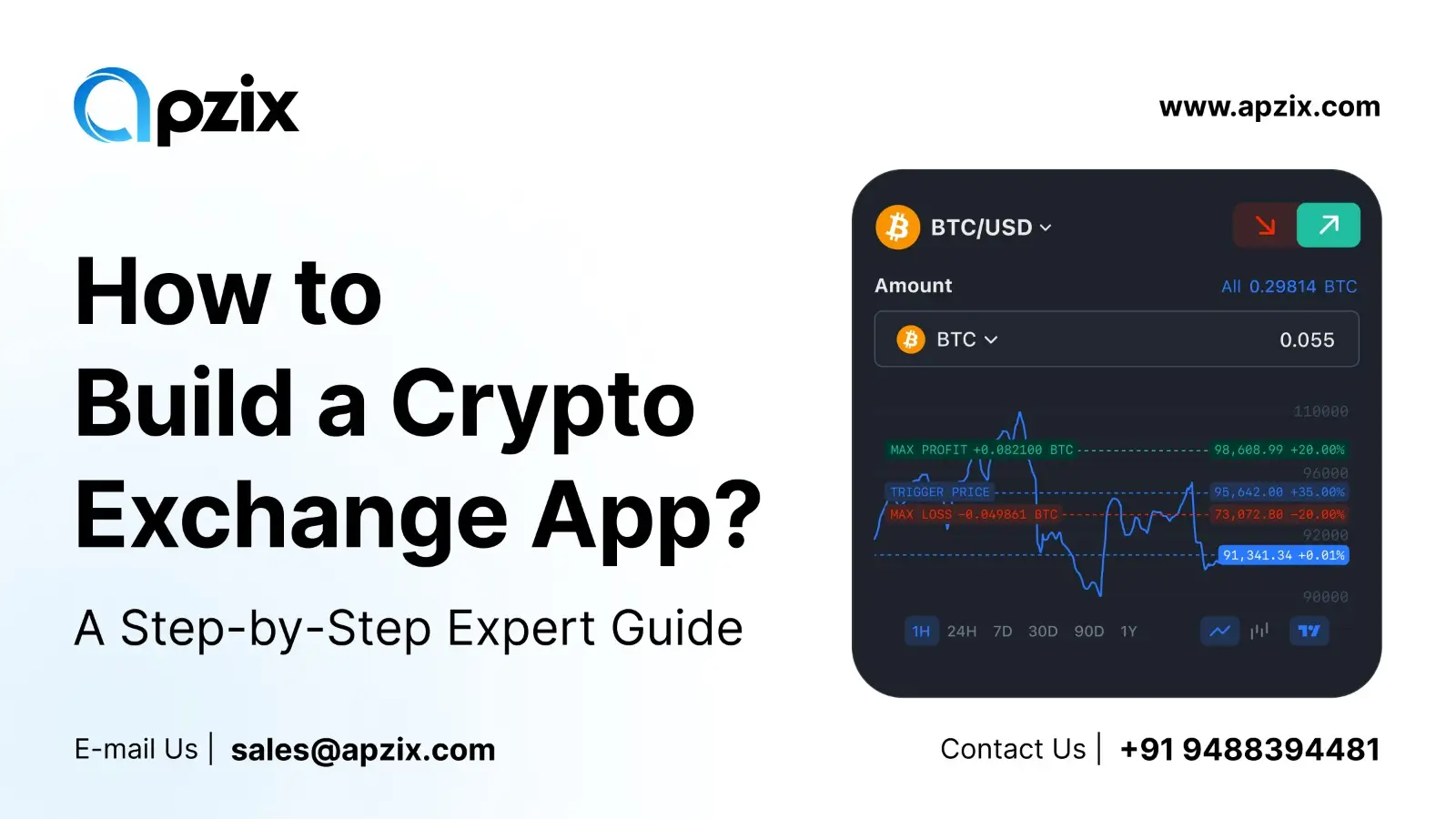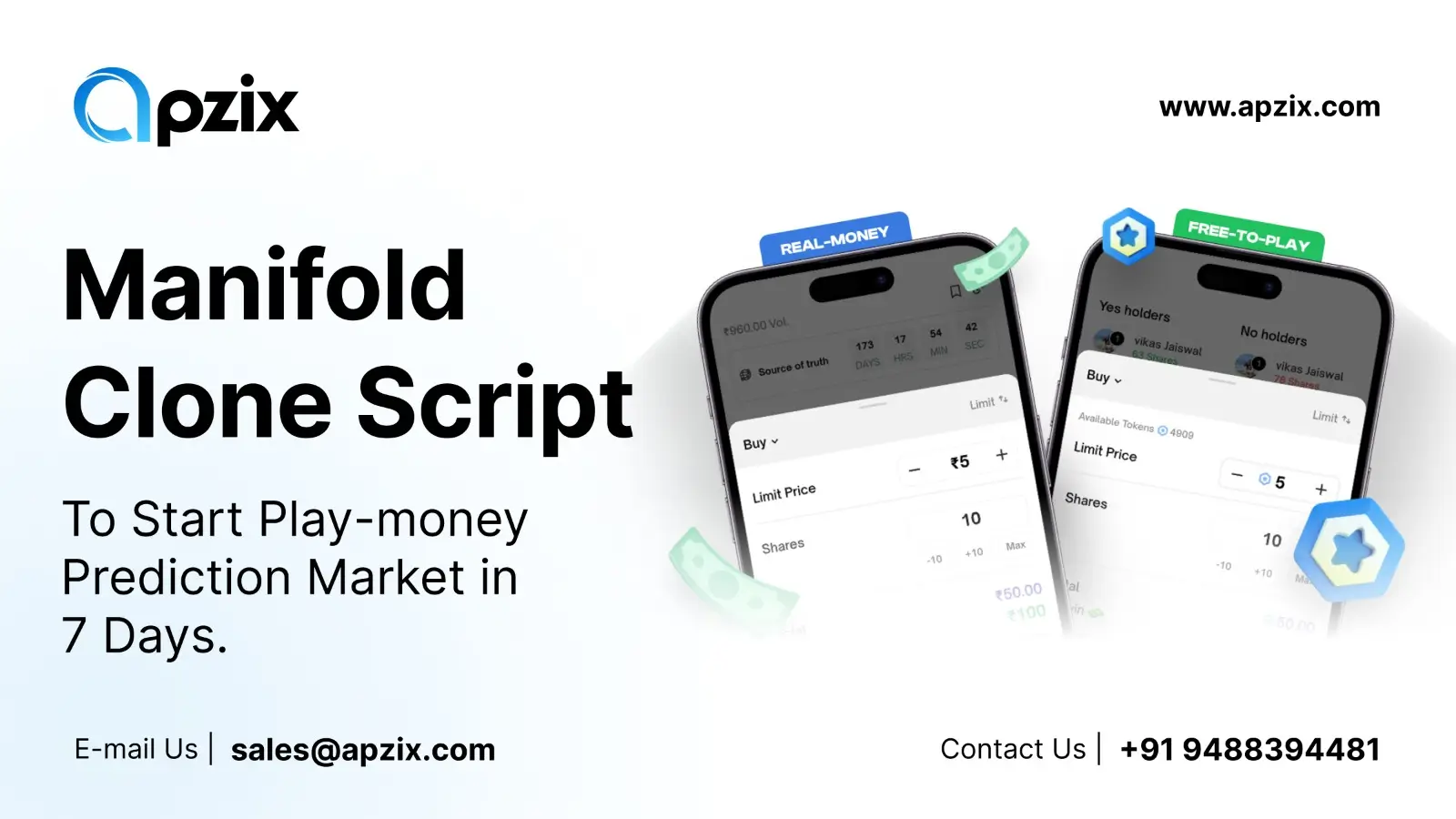
Initial Coin Offerings (ICOs) have become a popular way for new blockchain projects to raise money. In an ICO, startups sell tokens to investors in exchange for cryptocurrencies like Bitcoin or Ethereum. This blog will guide you through the step-by-step process of ICO software development, making it easy to understand and focusing on key terms like ICO development company, ICO software development company, ICO Token Development, and ICO Development Services.
What Is an ICO Platform?
An ICO platform (Initial Coin Offering platform) is a specialized system that helps startups and blockchain projects raise funds by offering digital tokens to investors. Similar to crowdfunding, an ICO allows companies to present their idea and offer tokens in exchange for capital, usually paid in cryptocurrencies like Bitcoin or Ethereum. An ICO platform provides the technical infrastructure, smart contract development, token creation, KYC/AML integration, and investor dashboard — making the fundraising process secure, transparent, and efficient. Companies like ApziX offer customizable ICO platform solutions, helping businesses launch their token sales with features like wallet integration, smart contract auditing, and investor management tools.
ICO Token Platform Development Company
Launch your own cryptocurrency with a leading ICO token development company. We provide end-to-end services including token creation (ERC-20, BEP-20), smart contract development, whitepaper drafting, ICO website setup, wallet integration, security audits, and marketing support. Build investor trust and raise funds globally with a secure, scalable, and compliant ICO solution.
Key Features of an ICO Platform Development
Secure Token Creation — Ability to generate ERC-20, BEP-20, or other standard tokens securely.
Smart Contract Integration — Automates token distribution, vesting, and fundraising processes.
User-Friendly Dashboard — For both admins and investors to manage projects, track progress, and monitor funds.
Multiple Payment Gateway Support — Accepts ETH, BTC, stablecoins, and sometimes fiat currencies.
KYC/AML Compliance Module — Ensures regulatory compliance and screens participants.
Real-Time Reporting & Analytics — Shows fundraising status, token sale progress, and investor data.
Wallet Integration — Connects to popular crypto wallets (MetaMask, Trust Wallet, etc.) for seamless transactions.
Marketing & Community Tools — Referral programs, bounty management, and announcement channels.
High Security Measures — Anti-DDoS, data encryption, multi-layer security for safe fundraising.
Exchange Listing Support — Helps projects prepare tokens for post-ICO exchange listings.
Advantages of ICO Platform Development
Global Fundraising Access — Attract investors worldwide without traditional geographic restrictions.
Lower Entry Barriers — Compared to venture capital, ICOs offer easier access to capital for startups.
Faster Fundraising Process — ICOs can raise millions within weeks, much faster than traditional funding rounds.
Decentralized Approach — No intermediaries (like banks or VCs) needed, reducing costs and friction.
Liquidity for Investors — ICO tokens can often be traded immediately on exchanges, unlike equity investments.
Community Building — Early investors become part of the project’s ecosystem, creating a loyal user base.
Innovation Boost — Supports groundbreaking projects, especially in blockchain, DeFi, and Web3 spaces.
Step-by-Step Process for ICO Platform Development
Project Planning & Research
Project Planning & Research is the first stage in ICO platform development. At this step, you define your business goals, craft a clear project vision, and set specific fundraising targets to guide the entire process. It’s essential to conduct in-depth research into the legal and regulatory landscape, including the requirements of your chosen jurisdiction and ensuring compliance with KYC (Know Your Customer) and AML (Anti-Money Laundering) standards. Equally important is identifying your target audience and refining your use case — understanding who will benefit from your project, how your token will create value, and what problem it aims to solve in the market. A solid foundation at this stage sets the tone for a successful ICO launch.
Select the Blockchain & Token Standard
Select the Blockchain & Token Standard is the next step in ICO platform development. You need to choose the right blockchain network — whether it’s Ethereum, BNB Chain, Polygon, or another — based on your project’s needs, scalability, and audience reach. Alongside the blockchain, you must carefully decide on the token standard, such as ERC-20 or BEP-20 for fungible tokens, or ERC-721 if you’re building an NFT-based system. These choices directly affect how your token works, integrates with wallets, and connects with decentralized applications, making them important for the technical performance and long-term success of the project.
Token Development
Token Development focuses on creating the core of your ICO project — the token itself. This involves designing the tokenomics, including the total supply, distribution plan, utility, and vesting schedule to support fair allocation and long-term value. Next, smart contracts are developed and tested to handle the token’s issuance and sale processes on the blockchain. To protect both the project and investors, thorough security audits are carried out on the smart contracts to identify and fix any vulnerabilities before launch.
ICO Platform Development
The development of the ICO platform involves creating a user-friendly front-end, including an investor dashboard and an admin panel to manage operations efficiently. Integration of popular wallet connections such as MetaMask and Trust Wallet allows easy and secure access for users. The platform will support multi-currency payment gateways, enabling transactions with ETH, BTC, and stablecoins to provide flexibility for investors. To comply with regulatory standards, KYC/AML and user verification modules will be implemented, creating a safe and trustworthy environment. Additionally, referral, bounty, and bonus programs can be incorporated to incentivize user engagement and promote platform growth.
Security Implementation
Implement robust security measures, including anti-DDoS protection to prevent distributed denial-of-service attacks, apply SSL certificates to secure connections, and encrypt sensitive data to protect user information. Conduct thorough testing to evaluate the platform’s resilience against various types of cyberattacks. Additionally, prepare reliable backup and recovery systems to safeguard data integrity and maintain business continuity in case of any failures or breaches.
ICO Website & Whitepaper
Develop a professional and visually appealing landing page that presents the project’s core details, roadmap, and team members. This website should build trust and provide transparency to potential investors. Alongside the website, publish a comprehensive whitepaper that thoroughly explains the project concept, tokenomics, technical aspects, and the overall value proposition, serving as a key reference document for stakeholders.
Marketing & Community Building
Launch targeted digital marketing campaigns across various channels such as social media, influencer collaborations, and public relations to create awareness and attract potential investors. Focus on building a vibrant and engaged community through platforms like Telegram, Discord, and Twitter, fostering direct interaction and support. To incentivize participation and spread, offer programs like token airdrops or bounty campaigns that reward users for promoting the project.
ICO Launch
Begin the ICO by opening different sales phases such as pre-sale, private sale, and public sale rounds, carefully managing access and allocation. Use an admin dashboard to monitor real-time sales performance and track investor participation efficiently. Keep communication lines open by providing timely updates and dedicated support to investors throughout the fundraising process to maintain transparency and trust.
Post-ICO Activities
After the ICO concludes, distribute tokens to all investors according to the sale terms. Work towards listing the tokens on major cryptocurrency exchanges to increase liquidity and accessibility. Continue advancing the product development roadmap and expand the project ecosystem, maintaining momentum and delivering on promises made to the community and investors.
How Much Does It Cost To Launch An ICO?
The typical cost to launch an ICO usually falls between $15,000 and $30,000. However, several factors affect the total budget, such as the development team’s technical skills, the complexity of smart contract features, integration needs, the depth of the testing process, marketing efforts, and ongoing support. To manage costs effectively and avoid unnecessary expenses, it’s important to work with an experienced technical team that can guide you through the process correctly.
Choosing the right ICO development company is one of the most important decisions you’ll face. Look for a team with proven technical abilities, solid client reviews, and positive testimonials to help deliver a successful outcome.
One reliable provider known for meeting business needs when launching ICO platforms is ApziX.
Your Journey to a Successful ICO Launch Starts Here!
ApziX is a leading ICO development company with expertise in building ICO components tailored to client requirements. Our team of blockchain professionals applies advanced technologies to develop crowdfunding platforms that meet your fundraising goals effectively.
From token development to delivering a complete, feature-packed ICO website, we work hard to bring your project vision to life. Our market experience helps you launch your ICO at the right time, providing the tools and features needed to stand out.
Feel free to explore our portfolio, where you can find examples of our work, success stories, and strong capabilities in blockchain development.
So, what’s holding you back? Share your project details with our team today — your ICO token platform is ready to launch!











